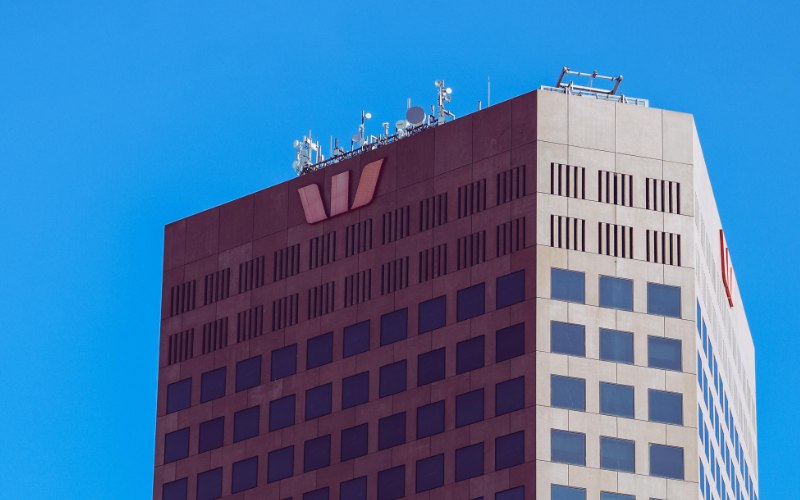The 5% increase to the Westpac-Melbourne Institute Consumer Confidence Index to 84.3 comes as January marked the first month the RBA has remained silent on the cash rate since April 2022, but this is by design.
The RBA traditionally does not meet in the first month of the year, with its first meeting scheduled to take place on the first Tuesday in February.
For this reason, Westpac Chief Economist Bill Evans believes the reading should be interpreted with caution as part of a continuing trend.
“Recent evidence of strong retail sales growth, a lift in annual inflation and an ongoing tight labour market will strengthen the case for a further rate increase,” Mr Evans said.
“Westpac expects the Reserve Bank Board to continue with its interest rate policy tightening at its next meeting.”
Despite this view, Westpac revealed the uptick in consumer confidence for the second consecutive month was driven by Aussies remaining optimistic on the outlook of the economy entering 2023.
The ‘economic outlook for the next 12 months’ sub-index lifted 10.2%, while the ‘economic outlook for the next 5 years’ lifted a milder 2.9%.
ANZ-Roy Morgan Consumer Confidence Index revealed a similar scene for the second week of the new year, with consumers growing optimistic about their finances.
The sub-indices of ‘current financial conditions’ grew 1.8% while ‘future financial conditions’ rose 0.7%, having jumped 8.3% in the week prior.
“As we move through 2023, expect inflation pressures to ease, slowly boosting confidence although it is likely to remain well below par during the year,” Mr Evans said.
“Multiple legacies from the pandemic that boosted spending in 2022 despite weak confidence – including the reopening surge, a large, accumulated pool of excess household savings and the extremely tight labour market – will also fade in 2023.”
Image by JMIP via Pexels



 Harry O'Sullivan
Harry O'Sullivan
 Bernadette Lunas
Bernadette Lunas
 Denise Raward
Denise Raward
 Jacob Cocciolone
Jacob Cocciolone
 William Jolly
William Jolly

